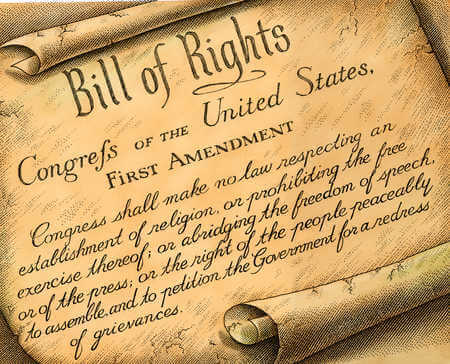IHOP Owner Settles Religious Discrimination Lawsuit
September 20th, 2024

For thousands of years, Sunday has enjoyed a special significance in Western societies. According to various religious teachings, the Earth itself was created on a Sunday. What does this mean for workers in the United States? Do all workers receive Sundays off? What happens when your employer attempts to force you to work on a Sunday? This question was answered by a recent lawsuit against IHOP, a case which was originally discussed in our blog post on this site last year.
The Religious Significance of Working on Sundays
Sunday is the first day of the week in many parts of the world, including the United States, Canada, Japan, and many other countries. This position in the week has roots in Christianity, but Sunday is also the first day of the week in Judaic societies and some Islamic systems. One of the most interesting things about Sunday is that it is quite obviously named after the Earth’s sun. This suggests that the importance of Sunday might stem from much older religions than even Judaism, as sun worship was one of humanity’s earliest faiths. Many historians believe that both the name and importance of Sunday were imported from ancient Egypt, a society with a rich tradition of sun worship.
Sunday became increasingly significant with the rise of Christianity in the Roman Empire. Emperor Constantine is alleged to have adopted Christianity as the official Roman religion on a Sunday. In addition, Sunday is the day in which Christ was resurrected in Christian tradition. When he transitioned Rome toward Christianity, Constantine also decreed that Sunday should be a day of rest. It was at this point that working on Sunday became a somewhat taboo behavior in the Western world.
Various Religious Restrictions Regarding Sundays
Some religious individuals are completely prohibited from working on Sundays. For these individuals, the practice is not merely a matter of taboo – they must avoid working to adhere to their faith. Examples include Methodists, Presbyterians, and Baptists. Not only must these people refrain from working, but they should also avoid trading and commerce.
Avoiding work and commerce is not enough for some faiths. According to the Eastern Orthodox Church, “leisure” and time-wasting are not allowed on Sundays, either. Today, US government offices are usually closed on Sundays – despite the fact that the Church and State are supposed to be separate according to the Constitution. Some States even have laws against certain work and commerce on Sundays.
North Carolina IHOP Owner Pays Worker $40,000 for Sunday-Related Work Offenses
In August of 2024, it was reported that an IHOP worker had received a settlement of $40,000 after filing an employment lawsuit. This individual successfully argued that he had been forced to work on Sundays – a violation of his religious freedoms. He was forced to work on Sundays after being given religious accommodation by a previous manager. When a new manager took control, the same accommodation was not granted.
As a result of this development, all IHOPs across North Carolina are now required to provide their managers with annual training about religious protections.
Keep Informed with the Universal Life Church
Each month, various cases test the nature of religious rights in this country. While the basis for many religious rights is the United States Constitution, there are still countless cases that question the exact nature of these rights. The Universal Life Church’s blog is focused on documenting the most noteworthy of these cases in an objective manner that can be easily understood by readers.


